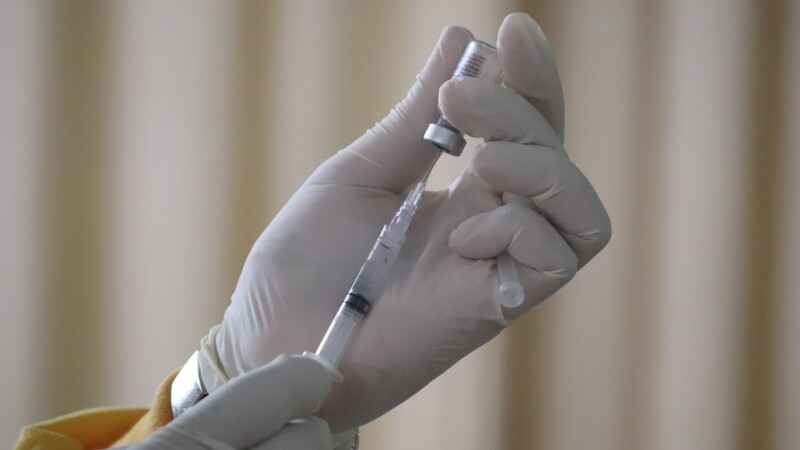"The results of our study show that patients, who had high readings of both markers at the time of hospitalization had a mortality risk of 88 per cent while all COVID-19 patients with low concentrations of both markers survived," said Dr. Juliane Hannemann, of UKE's Institute of Clinical Pharmacology and Toxicology. Hannemann and her colleague, Prof. Dr. Rainer Böger, and researchers at the University Hospital Aachen, had identified the serum concentrations of ADMA and SDMA, two intermediates of protein metabolism, as crucial biomarkers. Patients with elevated levels of only one of the two markers had a mean mortality risk of 25 per cent.
Researchers at the University Hospital Hamburg-Eppendorf (UKE) have identified two so-called biomarkers to detect severe COVID-19 illnesses early as part of a study carried out with the University Hospital Aachen, the Scientific periodical reported Monday (May 10, 2021). This development would allow for highly-reliable distinctions between with patients with high, medium and low mortality risks during hospitalization. Predicting the severity of the illness in patients has so far only been possible to a limited extent.
Biomarkers indicate risk of mortality
Study confirms results
The biomarkers were obtained from the blood of 31 corona patients. Researchers had earlier shown that ADMA and SDMA can help better assess whether a patient will survive dangerous sepsis. "The results of the pilot study give reason to hope that COVID-19 patients at high risk of death can be identified early and given intensive care treatment to improve their chances of survival," said Böger. The next step is to conduct a large multi-centre study to confirm the results.
tn/sb/pb
Sources and further information
More
Similar articles

Staatsoper Hamburg and UKE helping long-term COVID-19 patients

Growing dissatisfaction among Germans, corona survey finds

Hamburg's senate agrees on EUR 40 million in hardship funding
